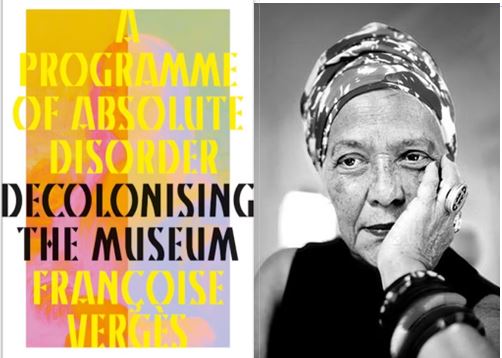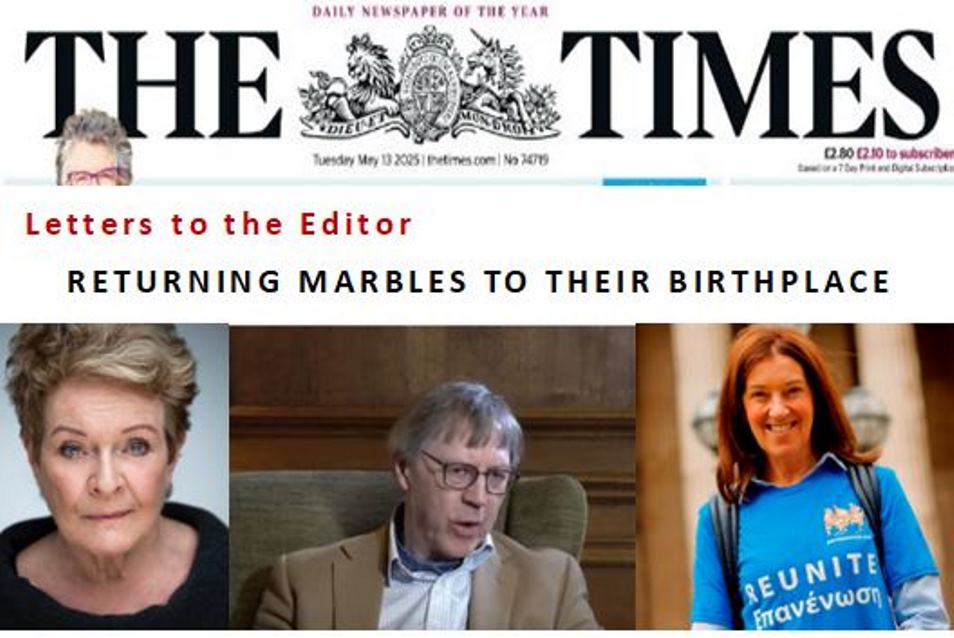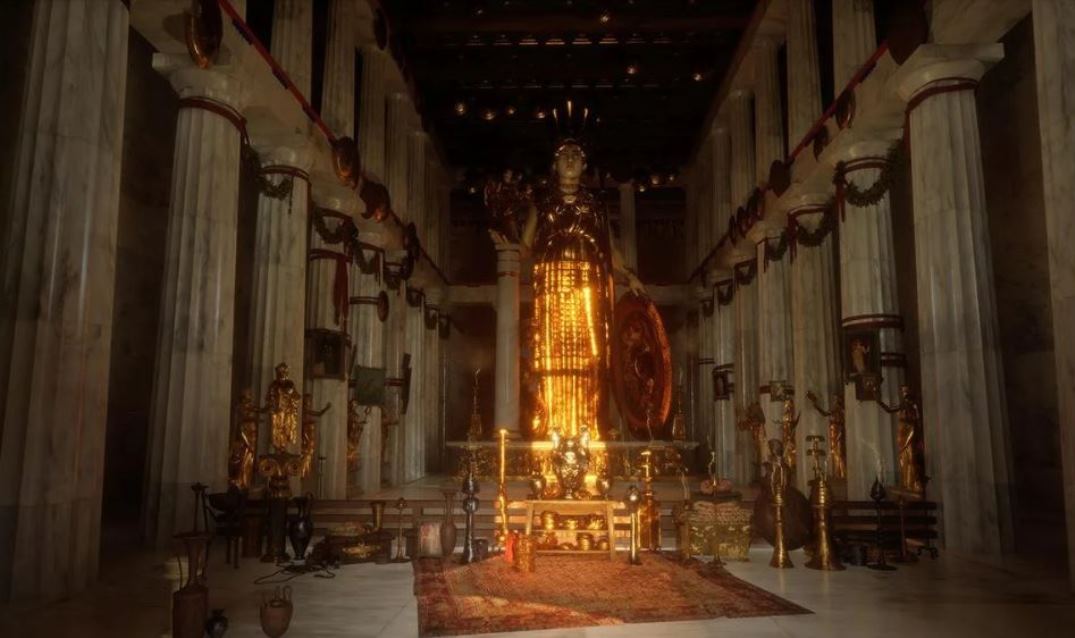"The ‘universal museum’ is a product of Enlightenment thinking, with museums such as the Louvre cast in an increasingly ludicrous position as guardians of global heritage. Is there another way?" Asks Juliet Jacques in Tribune.
Can the Western museum be decolonised? This is the question posed by Françoise Vergès in A Programme of Absolute Disorder: Decolonising the Museum, which takes its name from French Afro-Caribbean Marxist philosopher Frantz Fanon’s invocation of anti-colonial practice in his influential 1961 book The Wretched of the Earth.
In her book, first published in France in 2023 and translated by Melissa Thackway for Pluto Press, Vergès charts the evolution of the ‘universal museum’. This was a product of the Enlightenment, and especially of the French Revolution, with its unquestioning belief that its superior values should be applied to all other countries and civilisations feeding into the establishment of the Louvre, Vergès’ main case study, and itself a product of colonialism and Western Europe’s self-appointed position as the supposed guardians of global culture and heritage.
Vergès deals with how the ‘universal museum’ has reacted to growing demands for restitution and points to a notorious UK example. The British Museum’s ongoing refusal to return the Parthenon Sculptures, taken by Lord Elgin in 1801–12, to Greece is partly because doing so would open the door to numerous other requests for restitution, from high-profile items such as the Rosetta Stone to the many smaller artefacts that give its collection the impression of volume.
Whether existing museums can ever meaningfully decolonise remains, at best, debatable. Read the full article here.






Comments powered by CComment